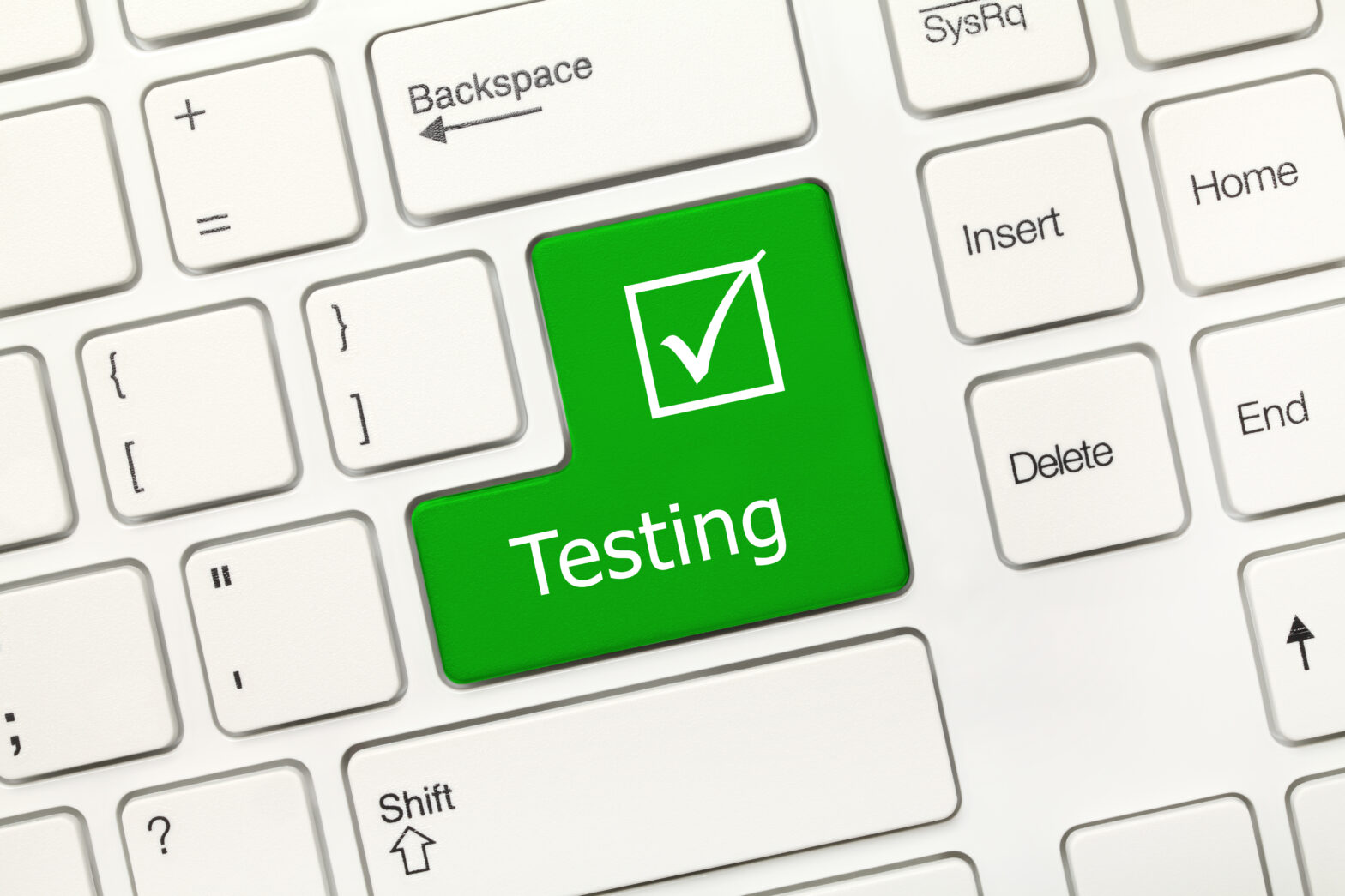When Simon Wadsworth founded his first digital marketing company in the early 90s, the industry was in its infancy and few people had experience of working with the internet. When it came to recruiting staff, he had to find something other than experience or qualifications to select the best.
On the advice of an employment consultant, he tried psychometric testing. He became a convert when, solely on the basis of test results, the consultant described five of his employees, including himself, ‘to a T’.
Having set up digital marketing group Swamp just under three years ago, Wadsworth is still a big fan of psychometric testing as a recruitment tool.
‘We use it as a first sift in the interview process. It helps narrow down the candidates, shows us their strengths and weaknesses and what we need to focus on in the second interviews. But we never use it to make our final decision. Although it is frighteningly accurate, it would be taking it too far to wholly rely on it. But it is invaluable in narrowing down the focus,’ he comments.
The tests cost ‘£50 to £60 a time’, which includes a detailed interpretation of the results and Wadsworth adds that ‘it is money well spent when you consider the cost of hiring the wrong person.’
Lawrence Holsworth, marketing manager of OPP, which provides psychometric testing, believes it ‘helps businesses make the right decisions’. He explains that there are many types of test that can be used for both recruitment and also development of current staff.
‘There are tests for ability, personality and intelligence. After an initial training course of four or five days [costing from £100 to £2,500] employers can conduct and interpret the tests themselves. The more you use them, the more cost-effective they become. And you don’t need a psychology degree to administer them.’
See also: Do psychometric tests need an overhaul to be more inclusive?






